Hi,
I’m Scott Bryan, a designer writing about ethics in tech. You’ve received this email because you signed up for my a weekly newsletter, 1-2-3 Tech Miscellany.
Each week, I’ll introduce you to 1 ethical dilemma, 2 good news stories and 3 random quotes, tweets or other oddities.
If you know anyone you think might enjoy my writing, please share it with them.
Otherwise, let’s get cracking.
Reading time: 3-4 minutes
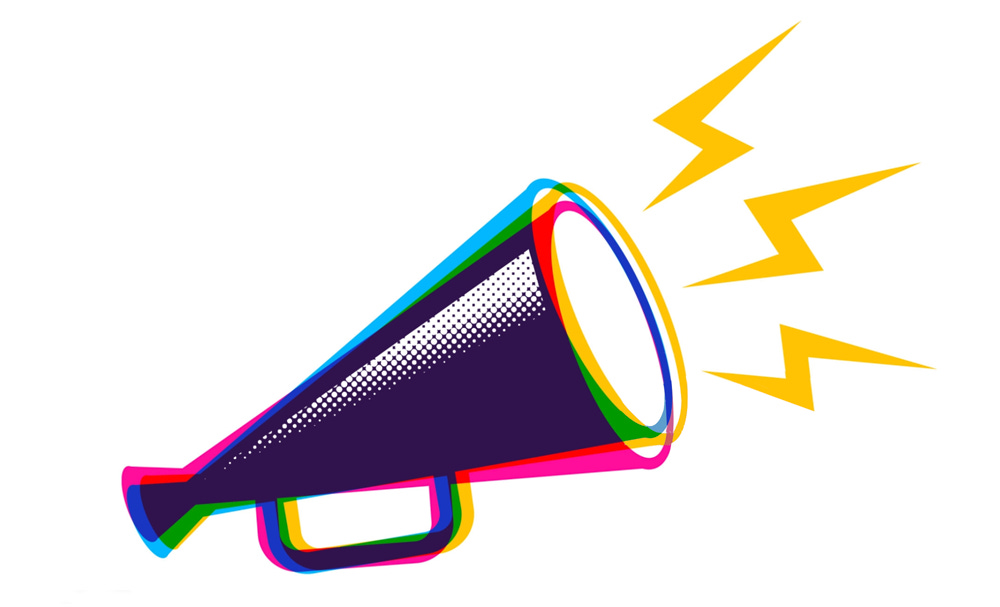
Part 1 - Ethical Dilemma
Do They Mean What They say?

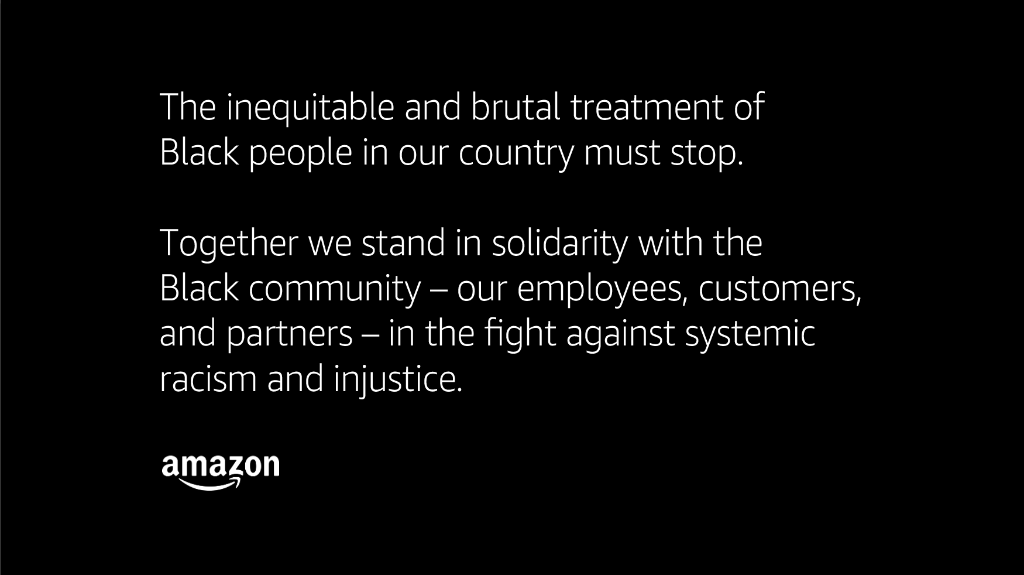
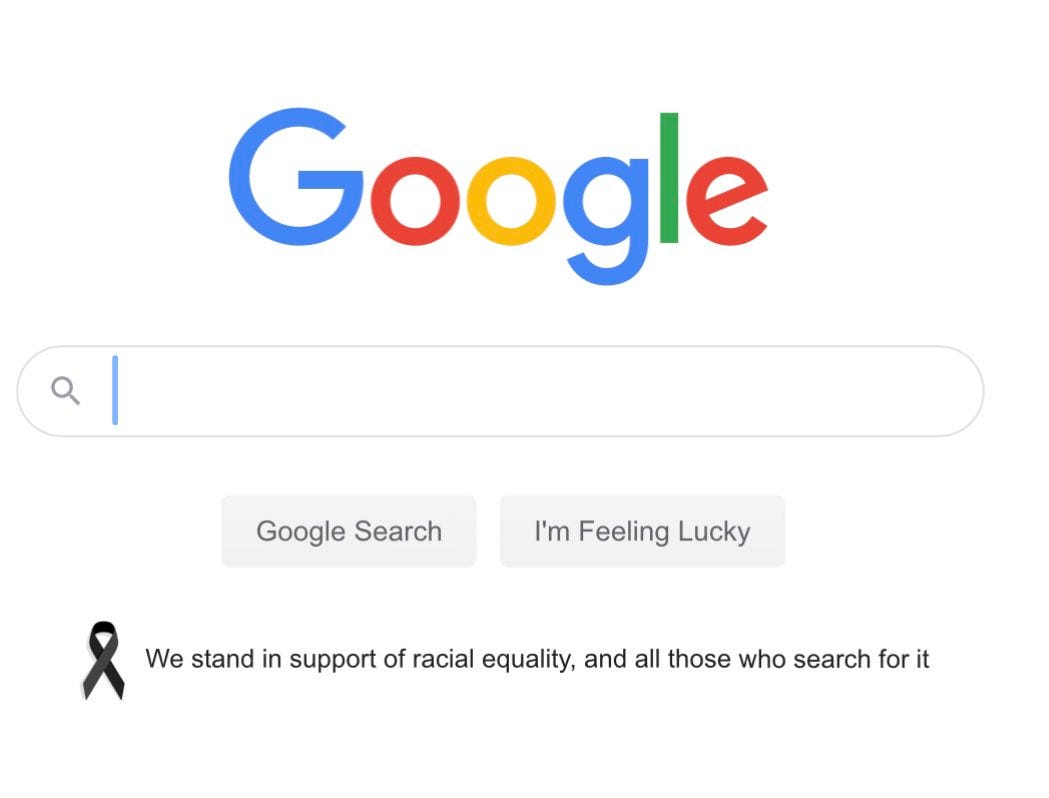
Sometimes I wonder if the PR gurus who write these inane platitudes, like the smell of their own farts. I mean, Narcissus may have fell for himself, but I can’t find anything in the myth suggesting he went for the whole kit and caboodle.
These fine sentiments continue a venerable tradition of corporate self-aggrandizement. Be they pink-washing, greenwashing, or whatever-colour-you-like-washing, companies have a habit of issuing essentially meaningless statements, about their commitment to ethical causes, while doing little to change their policies:
If YouTube “stand in solidarity against racism and violence,” why do they let their platform amplify extremism?
If Amazon feels “the pain and emotional trauma caused by the racism and violence...toward the Black community” why do they continue selling facial recognition and partner with police departments?
If Facebook say “I stand with you. Your lives matter. Black lives matter,” why don’t they ban white supremacists from its platform?
Philosopher Hannah Arendt would say it’s not because they are “evil". On the contrary, she’d argue, their greatest “crime” is simply a lack of clear thinking.
You see, in spite of their public utterances, Big Tech are subservient to their bottom line. This clouds their judgement, preventing a recognition of how their actions damage society.
So what should they do?
Don't Stay Schtum!
Of course, in these circumstances, it’s better to say something over nothing, but to earn credibility, companies must follow strong words with brave actions.
Just like IBM did this week.
On the 8th June, the company announced it will no longer sell, develop, or research facial recognition technology.
“IBM firmly opposes and will not condone uses of any technology, including facial recognition technology offered by other vendors, for mass surveillance, racial profiling, violations of basic human rights and freedoms, or any purpose which is not consistent with our values...We believe now is the time to begin a national dialogue on whether and how facial recognition technology should be employed by domestic law enforcement agencies.” IBM
This is a bold statement from a company seemingly facing up to it’s societal responsibility.
It may give others pause for thought too.
Creating An Upward Spiral
Arendt said, "Responsibility essentially means knowing that one is setting an example that others will follow.”
IBM are setting that example.
As some companies tweet support for social justice while marketing oppressive tools, IBM is showing leadership.
And while the cynic in me could argue it’s purely a business decision, given the backlash against such tech right now, not only are IBM getting out of the facial recognition business, it’s officially stated it's opposition to mass surveillance & racial profiling.
But like the narcissist who wallows in his own fetid cloud, forgetting others around him know the smell of shit when they whiff it, positive utterances from powerful companies mean nothing to those most affected by their actions.
IBM are setting an example. Will others follow?
Part 2 - Good News You May Not Have Heard
HokusAI
"Far from the blinking server rooms of Silicon Valley, another type of intelligence lurks silently out of human sight, biding its time in the Lovecraftian deep. Watching. Waiting. Organizing.” - Palladium
Forget AI. It’s time to take OI seriously.
Yes, that’s Octopus Intelligence for all you non-Octologists* out there.
The subject of artificial intelligence might inspire fear among the masses (the robots are coming, the robots will take our jobs and so on), but the octopus too inspires a sort of primal terror - Japanese erotic art anyone?

The Dream of the Fisherman's Wife by Hokusai, featured in an episode of Mad Men
In our quest to create artificial intelligence, we emulate the human mind. But perhaps recent insights into octopuses complex social behaviour can teach us humanoids a thing or too about intelligence.
I mean, since we're learning to create a new intelligence, why not look at "alien" smarts as well as our own?
Read more on NYT
*not a real profession.
Brave New World?
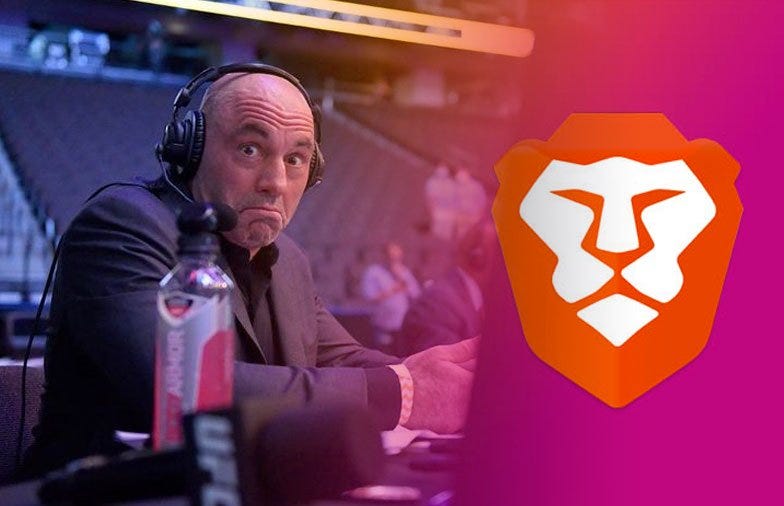
Folks at the privacy-focused browser Brave must have rubbed their hands in glee following Joe Rogan's ringing endorsement.
He likes it because, unlike it’s overzealous rival, Google Chrome, the Brave browser blocks ads and trackers by default.
But it’s not anti-ad as such — you can choose to see ads if you wish, for which they will pay you, in cryptocurrency.
Furthermore, since Brave uses the same open-source technology as Google Chrome, switching needn’t be traumatic. Brave is compatible with Chrome extensions, even if some of Chrome's standard functionality, like Translate need to be installed first.
It’s not all plain sailing mind you. Some sites who haven’t embraced Brave’s utopian economic vision, force you to turn off the blocker before letting you in.
Whatever your personal preferences however, a thumbs-up for Brave is a thumbs-up for a more ethical web.
Read more on How-to Geek
Part 3 - Quotes, Tweets And Oddities
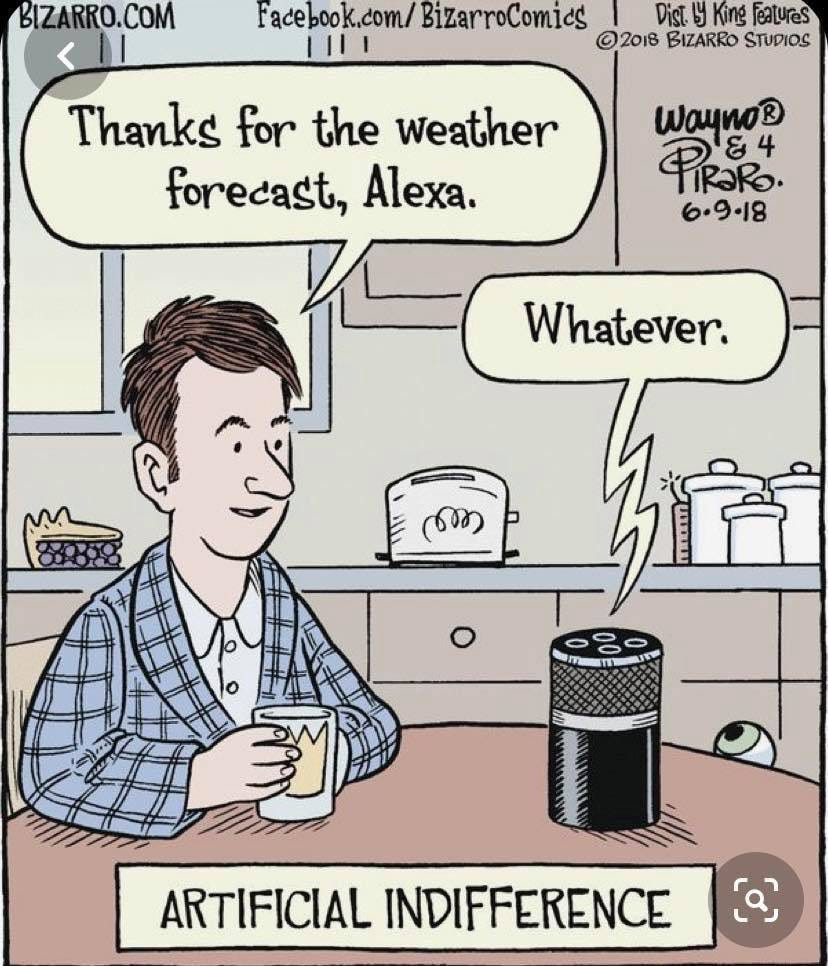

That’s all for this week.
Thanks for reading.
Take care,
Scott



